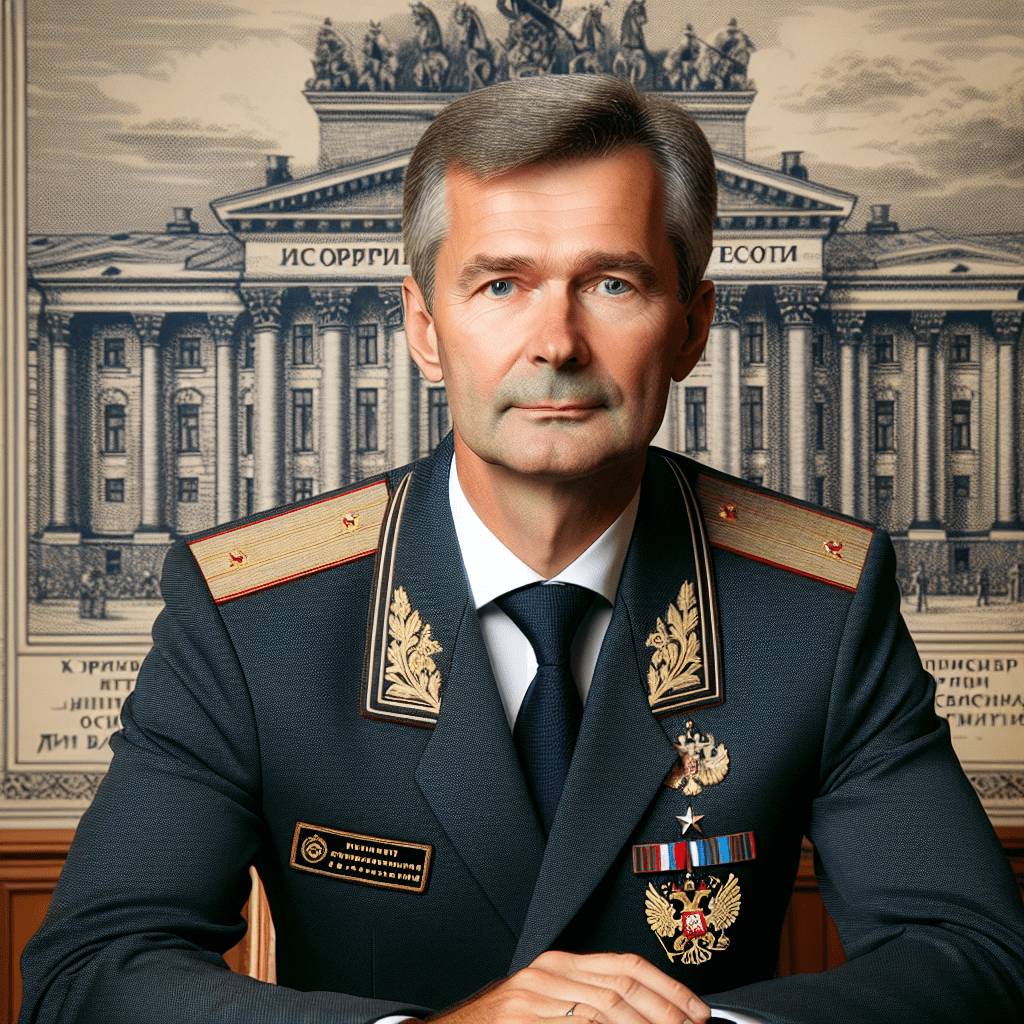Exploring the Influence and Politics of Dmitry Medvedev: From Russian Presidency to Security Council Deputy Chairmanship
Dmitry Medvedev, a key figure in contemporary Russian politics, has played an influential role at various levels of the nation’s governance. From ascending to the presidency in 2008 to his current position as the Deputy Chairman of the Russian Security Council, Medvedev’s career spans critical developments in Russia’s internal politics and its relations with the global community. This article aims to provide a comprehensive understanding of Medvedev’s political journey, his contributions, and the implications of his policymaking while maintaining a neutral perspective.
Rise to Prominence: The Early Years of Dmitry Medvedev
Before assuming high office, Dmitry Anatolyevich Medvedev rose through the political ranks, establishing himself as an individual with notable administrative and legal expertise. Medvedev’s early career was characterized by his legal education and his work for St. Petersburg’s city council during the 1990s. His professional trajectory changed when he began collaborating with Vladimir Putin, working in various capacities within Putin’s administration, including roles such as campaign manager during Putin’s first presidential run.
Presidential Tenure: Reforms and Relations (2008-2012)
As the third President of Russia, succeeding Vladimir Putin, Medvedev served from 2008 to 2012. His presidency coincided with significant global challenges, including the International Financial Crisis of 2008 which posed severe economic tests for Russia. Medvedev’s tenure emphasized modernization and technological development, aiming to diversify Russia’s heavily energy-dependent economy and pave the way for reforms in education and law.
While he often presented a more liberal vision than his predecessor, major policies of that era still aligned closely with Putin’s strategic outlook. Notable aspects of his foreign policy included the “reset” in relations with the United States aimed at improving bilateral ties strained by previous conflicts and events such as Russia’s 2008 war with Georgia.
Prime Ministerial Leadership: Steering Government Amidst Evolving Challenges (2012-2020)
Following his presidency, Medvedev assumed the role of Prime Minister as Vladimir Putin returned to the presidency. His time as Prime Minister saw continued attempts at economic modernization alongside responses to various domestic and international pressures – such as Western sanctions imposed post-2014 following Russia’s annexation of Crimea and its role in the conflict in Eastern Ukraine.
Under his prime ministership, the government undertook several domestic policy measures focusing on areas like pension reform, telecoms infrastructure upgrades, and responses to declining global oil prices which significantly influenced Russia’s economy. Despite efforts toward economic resilience and diversification, critics have pointed to unresolved issues in fields like healthcare, corruption reduction, and wealth inequality within Russian society.
Transition to Deputy Chair of Security Council and Continuation of Political Influence (2020-Present)
In 2020, Dmitry Medvedev transitioned from his role as Prime Minister to Deputy Chairman of Russia’s Security Council – a key advisory body on national security matters chaired by President Vladimir Putin. In this capacity, Medvedev contributes insights into issues ranging from defense policy to strategies concerning geopolitical affairs. His presence in the upper echelons of Russian national security underscores the trust that President Vladimir Putin places in his long-term ally.
Legacy and Continued Role in Russian Politics
Medvedev’s political evolution from President to his current role reflects both stability and adaptability within Russia’s political fabric. He has managed to maintain high visibility across different governmental functions while evidencing commitment to the political directives associated with Putin’s leadership style. His enduring influence in Russian politics demonstrates an ability to sustain relevance by navigating shifts in power dynamics as both a leading figure and a supportive actor behind-the-scenes.

